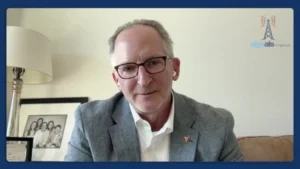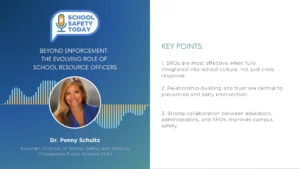Are You Thinking Like an Employee or an Entrepreneur?
Celebrating the leaders and experts that are powering education into the future, host JW Marshall sets out to ask the “right questions” in EdTech to understand the changes in policy and technology that will power our universities, tradeschools, and companies – and drive growth in upskilling certifications.
A question asked by society on many levels is how some succeed, and others don’t. Does it start from a young age? Are others born with some entrepreneurial gene? Voices of eLearning took on the topic of entrepreneurial mindsets with a pioneer in the field, Gary Schoeniger, Founder and CEO of Entrepreneurial Learning Initiative (ELI). ELI offers training and development to educators, students, and businesses. The idea for ELI started 30 years ago with Schoeniger asking, “How do underdogs win?”
That set him on a path to decode the entrepreneurial mindset. Schoeniger started interviewing everyday entrepreneurs and began to see patterns in their behavior and language. “I came to this definition of entrepreneurship; the self-directed pursuit of opportunities to create value for others, which empowers ourselves,” he said.
Schoeniger’s philosophies and teaching don’t mean everyone should start a business. It’s about opportunity. “The world is full of opportunities. They are easy to overlook because we’re not trained to think this way,” he added.
That mindset, a deeply held unconscious belief system, starts from a young age. Someone else determines what is useful and what is necessary to learn to be successful.
In speaking about and to educators, Schoeniger offered a view of a fundamental shift. “Stop asking kids what they want to be and ask them what problems they want to solve. When students can identify problems in their community and can work on solutions, they become very engaged.”
How can educators drive an entrepreneurial mindset? Schoeniger thinks it’s a combination of teaching and modeling it. “There’s an outdated understanding of behaviorist thinking as motivation. Learning is an extrinsic reward or punishment. What matters is do people have a compelling goal.”










